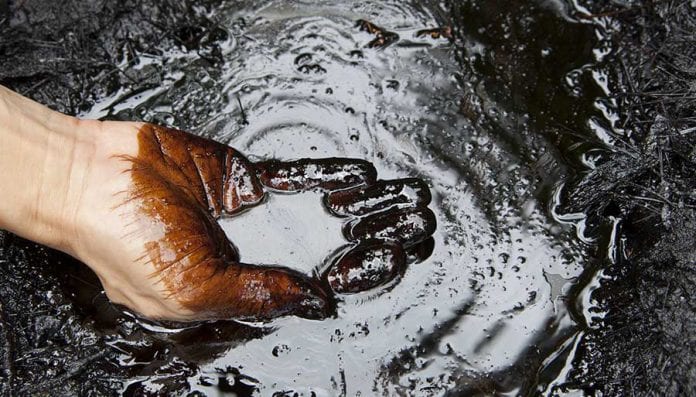Crude oil mainly consists of hydrogen and carbon, but in addition there are small amounts of N, S, O and much smaller amounts of rare metals, such as vanadium (V) and nickel (N). Although the composition of crude oil is relatively simple, the number of hydrocarbon compounds that may be present in oil is very large.
Generally, there are four groups of major compounds in crude oil, which include paraffins, naphthenes, aromatics and resins-asphaltenes. Resins and asphaltenes are not pure hydrocarbons and have other elements besides H and C. Paraffins, naphthenes and aromatics are real hydrocarbons. In general, paraffins and naphthenes are saturated hydrocarbons, so that they have enough hydrogen to saturate the electronic capacity of carbon atoms. Aromatic hydrocarbons are unsaturated in terms of hydrogen.
Taking too long? Close loading screen.




